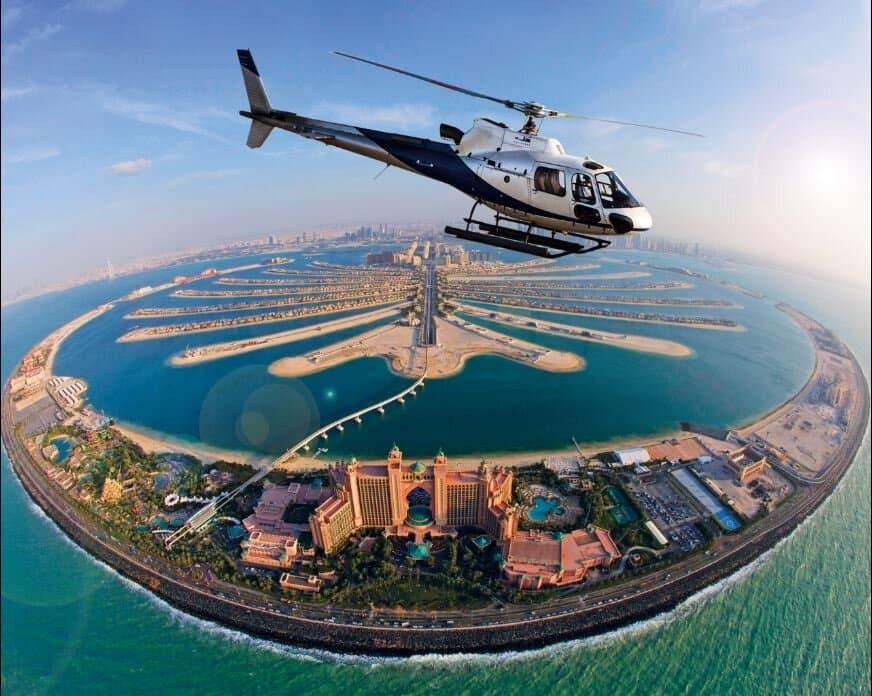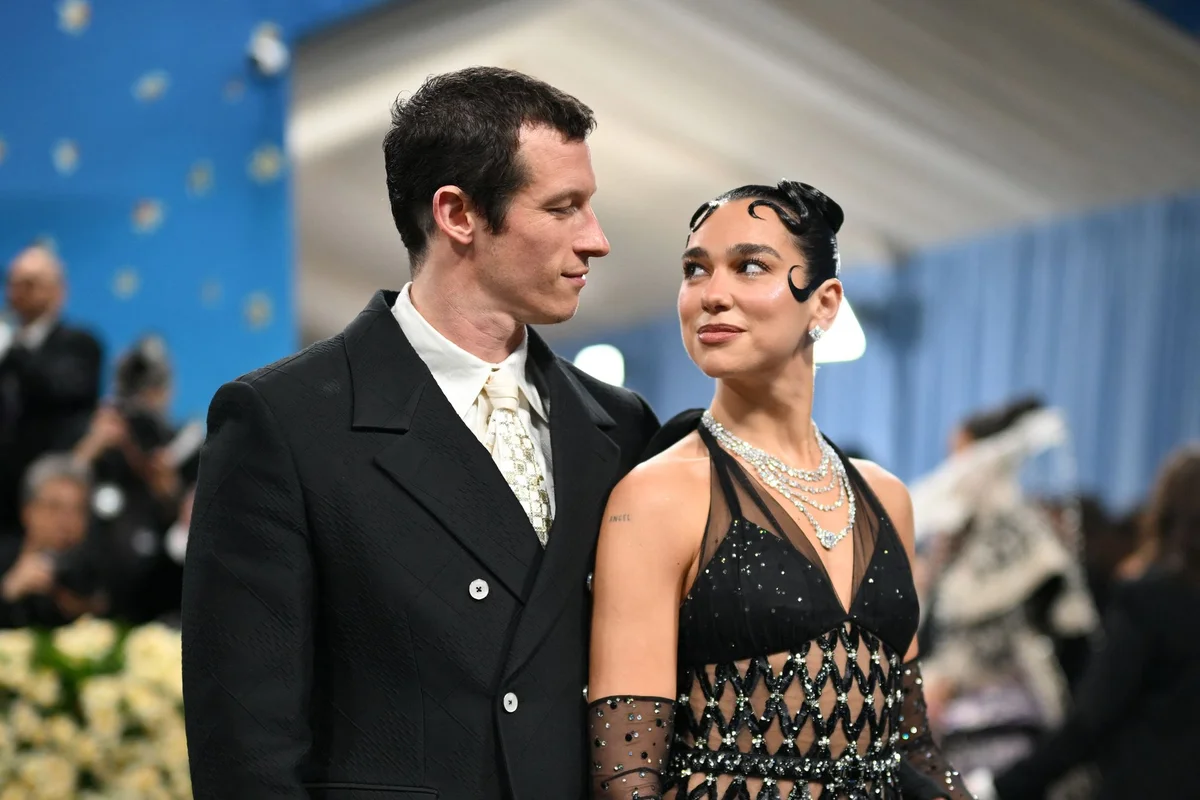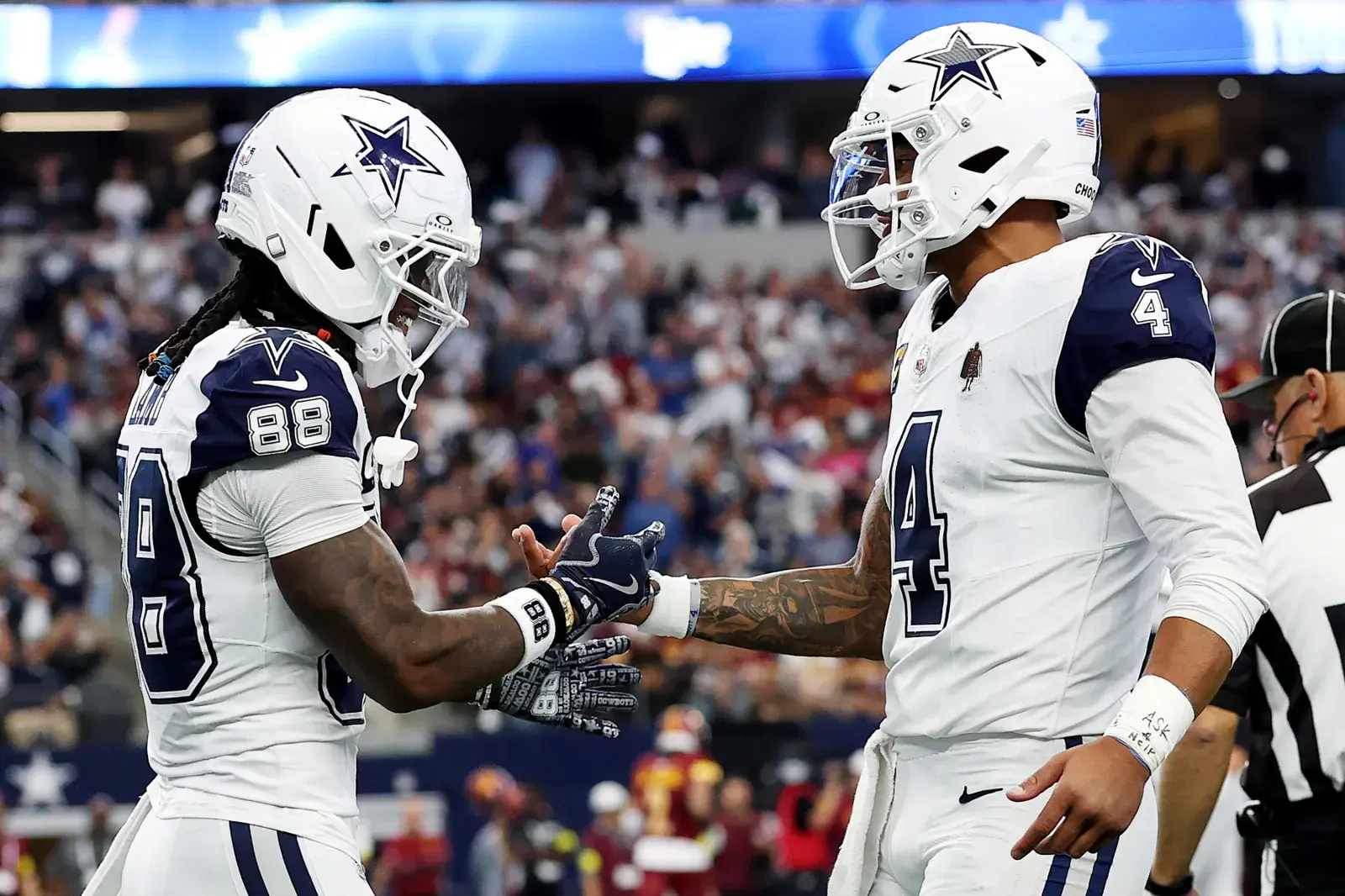Copyright ibtimes

India's luxury goods market is projected to see 10 per cent growth to reach $12.1 billion by 2025, emerging as a significant player in the global luxury market, a new report has said. The luxury retail landscape is being reimagined, with brands moving beyond transactional spaces to offer curated lifestyle experiences, according to data analytics company Euromonitor International. South Africa (15 per cent), India (10 per cent), and the United Arab Emirates (9 per cent) are among the leading countries in luxury goods market growth. India is expected to achieve a Compound Annual Growth Rate (CAGR) of 74 per cent over the forecast period, highlighting its growing importance in the luxury ecosystem. A key factor contributing to India's growth is the increasing number of wealthy individuals, said the report. Premium and luxury cars led value sales, fuelled by urbanisation, affluent consumers, attractive financing, and new electric models. Experiential luxury — especially hotels, travel, fine dining, and exclusive events — was the fastest-growing segment, as younger buyers increasingly sought unique experiences over products, spurred by a surge in tourism and personalised offerings. In 2025, physical luxury stores accounted for 81 per cent of personal luxury goods sales, reflecting the sector's resilience and the continued importance of in-person engagement. The global luxury market – valued at $1.5 trillion in 2025 — remains resilient, despite continued macroeconomic and geopolitical disruptions. "Amid market uncertainty, the industry is undergoing a profound transformation, shifting from product-centric models to experience-driven engagement. Wellness, lifestyle and emotional resonance are emerging as new markers of status, reshaping how brands connect with consumers," said Fflur Roberts, global insight manager for luxury goods at Euromonitor International. Premium and luxury cars led value sales, fuelled by urbanisation, affluent consumers, attractive financing, and new electric models. Experiential luxury—especially hotels, travel, fine dining, and exclusive events—was the fastest-growing segment, as younger buyers increasingly sought unique experiences over products, spurred by a surge in tourism and personalised offerings. Physical luxury stores are becoming expressions of identity through exclusivity and hospitality. These environments mirror high-end hospitality, with concierge-level service and engaging storytelling. While e-commerce surges, luxury brands are reimagining stores as cultural destinations that inspire, connect and reward loyalty through interactive experiences. Luxury spending has shifted from personal goods towards experience-led categories, reflecting deeper changes in consumer values. Experimental luxury showed resilience, with luxury travel and hospitality markets growing 8 per cent in 2025 to reach $103 billion, said the report. (With inputs from IANS) Related



